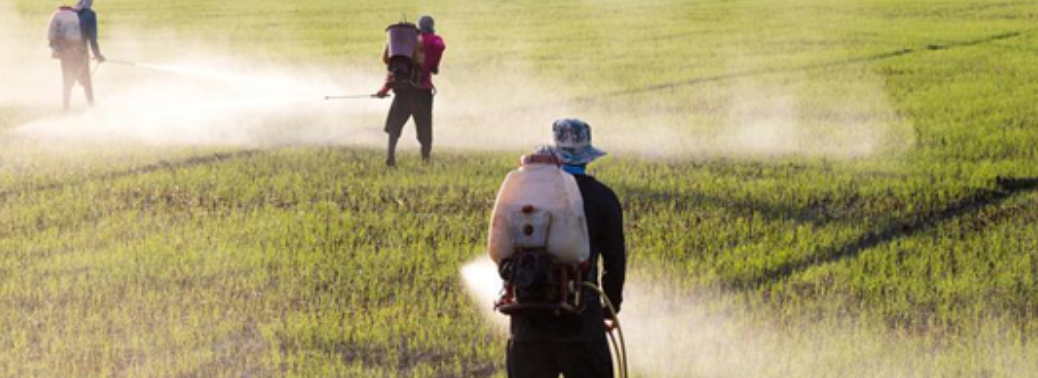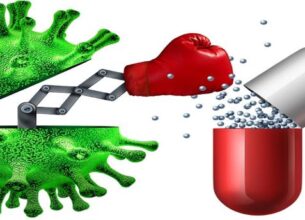PARAQUAT HERBICIDE
19, Sep 2019

Prelims level : Plant/Animal Species, Health & Diseases, Science & Technology
Mains level : GS-II- Issues relating to development and management of Social Sector or Services relating to Health, Education, Human Resources.
Why in News?
- The use of herbicide Paraquat killed around 170 people in the last two years in Odisha’s Burla district leading to demands for its ban.
Highlights:
- Paraquat is a toxic chemical that is widely used as an herbicide (plant killer), primarily for weed and grass control.
- It has been banned in 32 countries including Switzerland, where herbicide producing company Sygenta is based.
- Paraquat also figures on the list of 99 pesticides and herbicides the Supreme Court to ban in an ongoing case.
- Paraquat dichloride is being used for 25 crops in India, whereas it is approved to be used on only nine crops by the Central Insecticide Board and Registration Committee. This is a violation of the Indian Insecticides Act.
- So far in India, only Kerala has banned the herbicide.
- Another violation: since farmers can’t and don’t read the label on paraquat containers, retailers sell paraquat in plastic carry bags and refill bottles.
Why lethal?
- There is no antidote to this herbicide, the consumers of which complain of kidney, liver and lung problems.
- They may recover from kidney problems, but die of lung- and liver-related ailments. Some also witness kidney failure.
- Paraquat is yet to be listed in the prior informed consent (PIC) of Rotterdam Convention, is an international treaty on import/export of hazardous chemicals signed in 1998.
- If a chemical figures in the PIC, the exporting country has to take the importing nation’s prior consent before exporting it.
Rotterdam Convention:
- The Rotterdam Convention is formally known as the Convention on the Prior Informed Consent Procedure for Certain Hazardous Chemicals and Pesticides in International Trade.
- It is a multilateral treaty to promote shared responsibilities in relation to importation of hazardous chemicals.
- The convention promotes open exchange of information and calls on exporters of hazardous chemicals to use proper labeling, include directions on safe handling, and inform purchasers of any known restrictions or bans.
- Signatory nations can decide whether to allow or ban the importation of chemicals listed in the treaty, and exporting countries are obliged to make sure that producers within their jurisdiction comply.
- India is a party to the convention, with 161 other parties.







